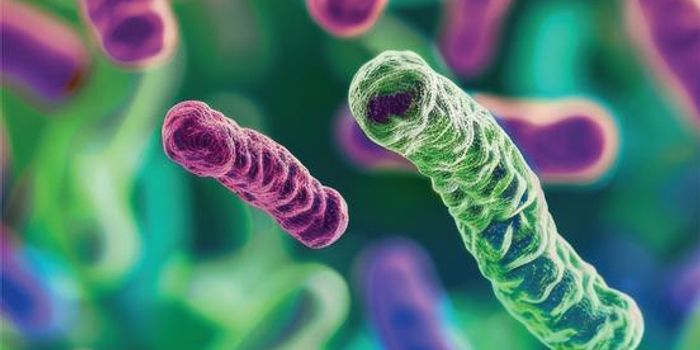Eating Eggs May Lower Heart Disease Risk
A recent study published in eLife has shown that moderate consumption of eggs increases certain metabolites in the blood and may help lower the risk of developing cardiovascular disease in some populations.
The study included a total of almost 5,000 participants from the China Kadoorie Biobank (about 3,400 cardiovascular disease patients and about 1,400 control patients). Metabolites were quantified in plasma samples from the participants, and egg consumption was measured using a self-reported questionnaire. The study aimed to evaluate the associations between egg consumption, metabolites, and cardiovascular disease risk.
Egg consumption was associated with 24 out of the 225 metabolic markers that were measured; in general, participants who ate eggs regularly had more markers associated with good heart health and fewer harmful markers. Participants who ate more eggs also had higher levels of a protein associated with protecting blood vessels from blockages that can cause heart attacks and strokes. Overall, the results suggested that eating up to one egg per day helps lower the risk of cardiovascular disease. However, past studies of eggs in the diet have had mixed results.
Eggs have been somewhat controversial as a dietary recommendation because of conflicting research. As detailed in the video above, some studies have suggested that eating too many eggs increases cholesterol and heart disease risk. While eggs are a good source of many nutrients, they are also a major source of dietary cholesterol. A previous study in China showed that people who ate about one egg per day had a lower risk of developing heart disease or having a stroke than those who ate fewer eggs. Findings from that study as well as the present study have important implications for dietary guidelines in China, where people typically consume less than one egg per day. In America, people also tend to eat less than one egg per day. However, it is important to note that these results came from Chinese participants and may not apply to Americans due to differences in diets.
Sources: eLife, Science Daily, Statista








